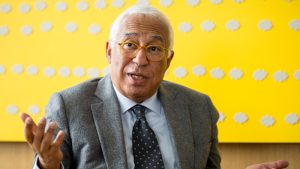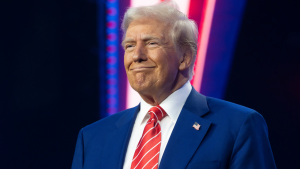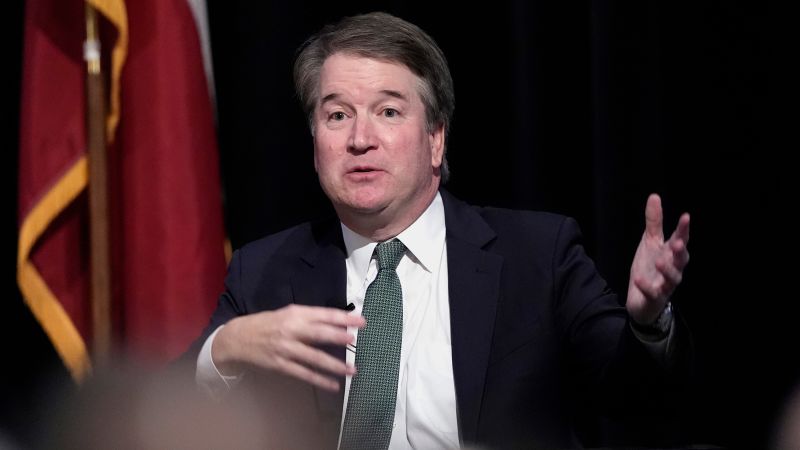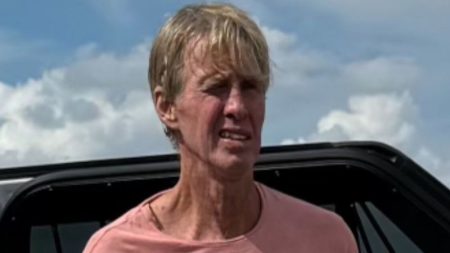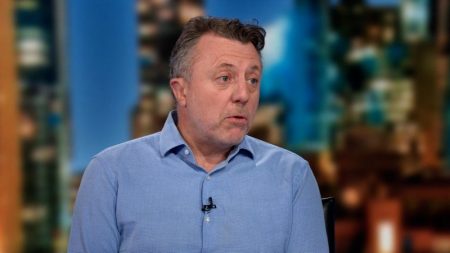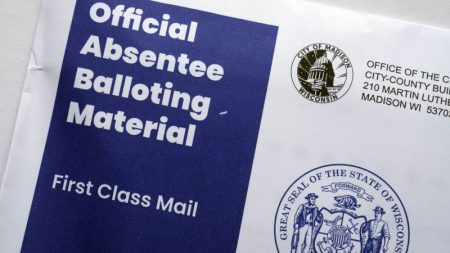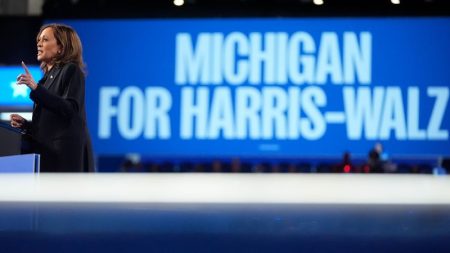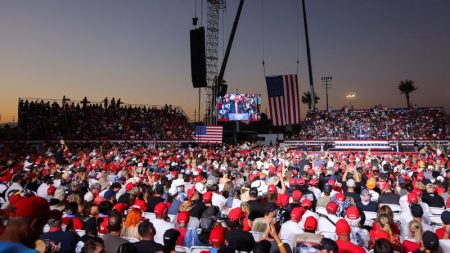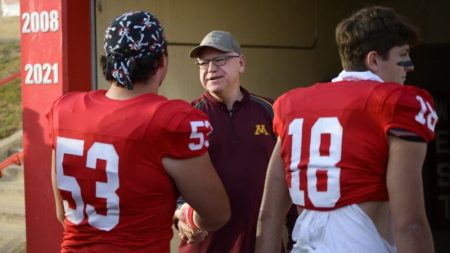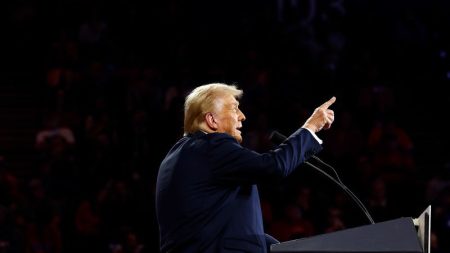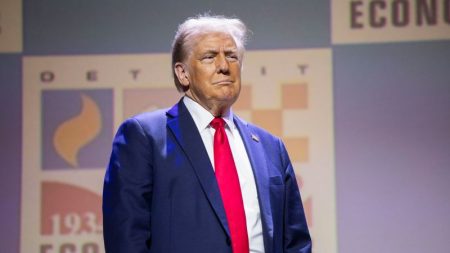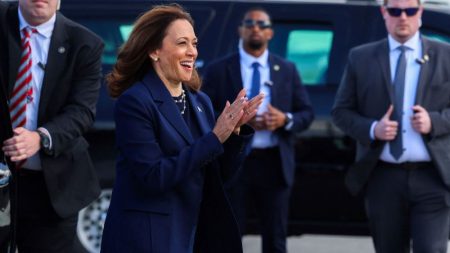Supreme Court Justice Brett Kavanaugh told an Austin judicial conference on Friday that his experience in the George W. Bush administration has made him more skeptical of presidential assertions of regulatory power.
His comments on the issue (he also discussed Taylor Swift and Caitlin Clark) were especially salient in light of the many challenges to the Biden administration policies on which the court is expected to rule by the end of June.
Referring to his 2001-2006 tenure as a lawyer for Bush, Kavanaugh said he was “in the room” as regulations were written and saw first-hand the “pressures” on administrations to push the limits of their statutory power, whether over the environment, immigration or health care.
“It gives me a good, for want of a better term, B.S. detector,” he said. “When the executive branch says, ‘We can’t possibly do this.’ … I think to myself … I saw it done.”
Kavanaugh observed that presidential candidates regularly campaign on a reform agenda but then become stymied in their priorities by the legislative process and congressional gridlock. That creates an incentive for presidents to push the boundaries of their regulatory authority, he said, emphasizing that the phenomenon affects both political parties.
“The judiciary is there to help police those boundaries,” Kavanaugh said.
The comments of Kavanaugh, a 2018 appointee of former President Donald Trump, may hint at the conservative court majority’s resolution of pending disputes testing the bounds of an array of federal regulation. Since the six-justice conservative majority coalesced in 2020, the court has taken longer strides to constrain federal regulators, from the environment and consumer finance to public health and workplace safety.
One pair of pending cases could lead to its most substantial move against regulatory power in decades; those cases test a 1984 decision, Chevron USA v. Natural Resources Defense Council, that requires federal judges to defer to US agencies’ views of their statutory mandates for policy.
Business groups, backed by Republican-run states, contend the Chevron principle has led to unlawful bureaucratic intrusions and given the government the upper hand in litigation.
The Biden administration, defending the Chevron precedent and multiple agency policies now under challenge, has stressed the importance of executive-branch expertise and comprehensive nationwide protections for the public good.
The Eras Tour and an ‘expensive’ trip to see Caitlin Clark play
Kavanaugh’s hourlong appearance Friday in the ballroom of an Austin hotel came as the high court enters its tensest weeks, negotiating in private to resolve dozens of cases by the traditional late June deadline. He answered questions from 5th Circuit Chief Judge Priscilla Richman at the circuit’s annual judicial conference.
By and large, Richman’s questions were on the lighter side, including those that opened a window on Kavanaugh’s extracurricular life. He said that his two high school daughters, now a sophomore and senior, control much of his off-bench time.
He attended his first Taylor Swift concert in 2012, he told Richman after she asked if he had attended an Eras Tour concert.
Yes, the justice said, Kavanaugh describing himself as “way ahead of the curve” with his Swiftie fandom.
And he has taken his daughters to multiple NCAA basketball tournaments, including the first round in Iowa last March.
The justice recounted that on the Thursday night before that tournament weekend, his older daughter was talking about players she knew, from her own high school basketball team, that would be competing against Iowa’s Caitlin Clark.
Kavanaugh’s younger daughter said, “We should go!”
A few beats later, Kavanaugh agreed: “We should go. We went. … I got on StubHub, got the tickets, got the flights, probably one of the most expensive 48 hours.”
How election lies fuel Taylor Swift conspiracy theories
But he added, “To go to Iowa and see the phenomena of Caitlin Clark. That’s a lifetime memory that I did on the spur of the moment.”
On a far more serious note about his daughters, Kavanaugh said that they have grown up with constant court police security.
Asked about the intense security for individual justices since 2022, when the opinion reversing Roe v. Wade first leaked, the justice said his security detail is “24/7 at the home” and accompanies him when he travels.
When Richman asked if protesters still show up at his home, a pattern that intensified after he joined the Dobbs ruling reversing Roe, Kavanaugh said, “occasionally … not as much. I think I’ll leave it there.”
Read the full article here

